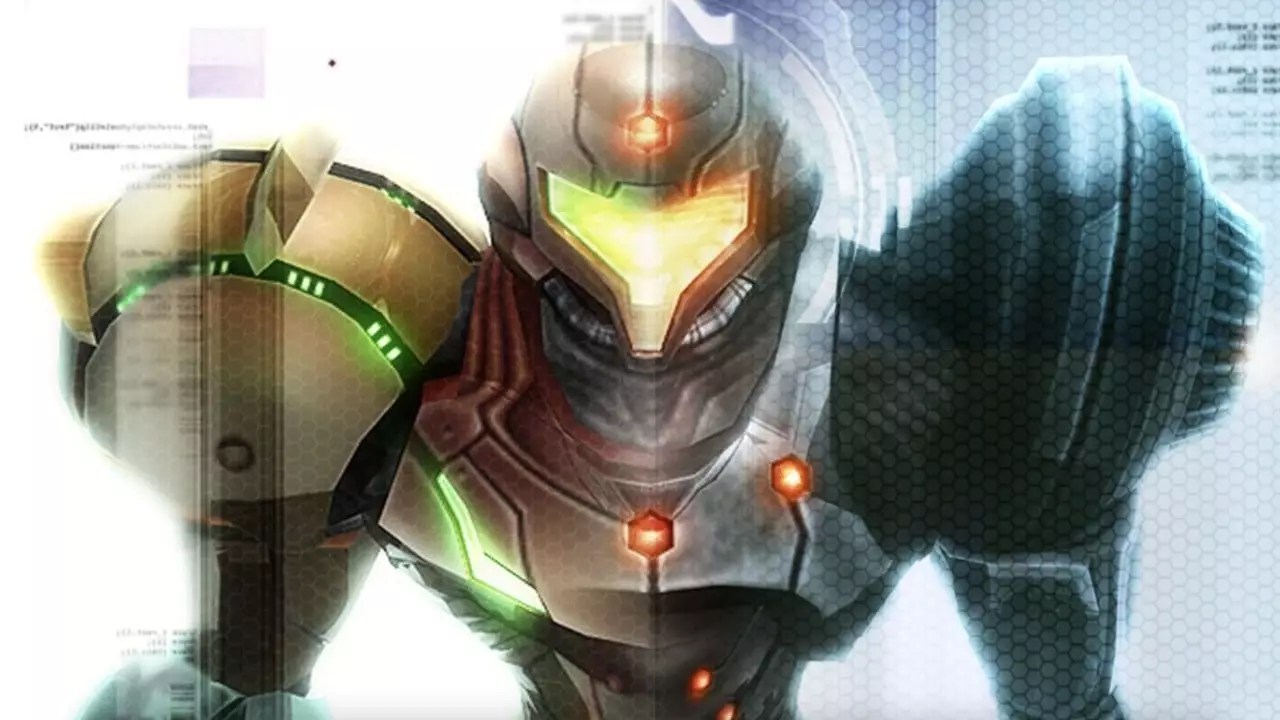The gaming landscape has seen its fair share of sequels that struggle to replicate the magic of their predecessors. One title that faced this daunting challenge was Metroid Prime 2: Echoes. Following the monumental success of the original Metroid Prime, developed by Retro Studios, expectations soared sky-high. The task of not just meeting but surpassing the standards set by a landmark game is no small feat. However, while Echoes may be perceived as the weaker installment in the trilogy, it brings forth a unique richness that deserves appreciation.
Metroid Prime 2: Echoes introduces players to a dual-world mechanic that shakes the foundations of exploration in video games. Although parallel worlds had been explored before—in titles such as The Legend of Zelda: A Link to the Past—Echoes reimagined this concept in a refreshing way. Navigating between the light-filled Aether and its dark, menacing counterpart, Dark Aether, players must adapt their gameplay strategies significantly. The addition of a toxic atmosphere in Dark Aether transforms gameplay into a fast-paced, reflection-driven quest for survival. Samus Aran, the game’s protagonist, cannot merely meander through the environments as in its predecessor; she is constantly under threat from the ambient danger that pervades the darker world.
This innovative approach to level design not only enhances the urgency but also alters players’ perceptions of the spaces they inhabit. The concept of “safety bubbles” scattered throughout the environments creates a rhythm of strategic movement: players must constantly weigh the risks and benefits of exploring versus finding temporary refuge within these protective zones. This tension between exploration and survival elevates the gameplay to new levels, creating an experience unlike any other within the franchise.
One of the most glaring distinctions between Aether and Dark Aether lies in their atmosphere and design. Aether embodies a serene yet engaging beauty, while Dark Aether is steeped in dread, characterized by unnerving purple hues and nightmarish creatures like the Warrior Ing. These aesthetic choices reinforce the emotional narrative of the game, immersing players deeper into their explorations. The contrast between the two worlds is profound, creating an antagonistic relationship that drives players forward in a quest that feels both rewarding and perilous.
While many might argue that the environments in Metroid Prime 2 are not as memorable as those found in the original, the experiences in Dark Aether warrant recognition for their incredible design work. The creators’ vision of these realms challenges players to reexamine their combat and navigation strategies, fostering an environment where discovery becomes a primary goal.
Despite its bold gameplay and innovative mechanics, Metroid Prime 2: Echoes did not receive the same acclaim as its predecessor. Many detractors pointed to aspects such as the so-called ‘safety bubble’ mechanic and, in particular, the infuriating Spider Guardian boss as impediments to the overall experience. Yet, these critiques often overshadow the genuine ingenuity that the game portrays. Retro Studios made substantial improvements to the original formula, streamlining backtracking issues and significantly upgrading Samus’s arsenal, demonstrating a commitment to progress within an established framework.
The reality is that Echoes remains a unique entry within the Metroid series and deserves recognition for its audacity. As time has passed, shifting gaming trends and evolving preferences may have marginalized it in gamer discourse. Nevertheless, for those willing to explore its depths, Metroid Prime 2: Echoes embodies experimental gameplay intricacies that set it apart.
In retrospect, Metroid Prime 2: Echoes may not bask in the same glorious light as its predecessor. Still, it is essential to acknowledge its contributions and the risks taken in gameplay design. While many gamers today may reminisce about the revolutionary experience the first title provided, Echoes offers a deeper narrative and a compelling dual-world premise that stands as a testament to creativity in game development. The success of any franchise hinges on its willingness to explore and evolve, and Metroid Prime 2: Echoes exemplifies this philosophy brilliantly. The game deserves a renaissance; perhaps a modern remaster on contemporary platforms will allow a new generation to experience its intricacies. After all, innovation in gaming is as relevant today as it ever was.


Leave a Reply